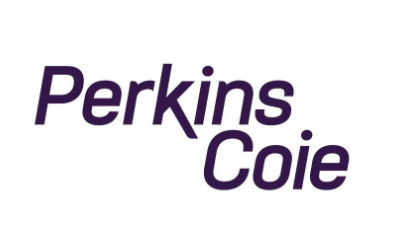Best Lawyers in Oregon, United States for Venture Capital Law
Practice Area Overview
Venture Capital (VC) law involves many financing and M&A transactions, including public/private and private/private mergers, as well as acquisitions, extensive strategic partnering transactions (i.e., licensing matters, Original Equipment Manufacturers (OEM), reseller and Value Added Reseller (VAR) arrangements, technology development partnerships and other joint ventures). This type of law also includes many non-VC financing transactions involving the private and public sale of debt and equity securities.
Lawyers serving as primary counsel to emerging company clients are often viewed as outside general counsel. Lawyers provide extensive operational counsel on a wide range of matters that are pivotal for the emerging company and its investors, including employment matters, compensation issues, intellectual property protection, enforcement and monetization, and policy work. Understanding the client's technology and the market in which it competes is crucial for the success of these operations.
Young companies interested in venture capital usually have rare, highly sought after qualities, such as innovative technology, the potential for rapid growth, or impressive business models and management teams. Because of the high risk and the need for high returns, venture funding is an expensive capital source for companies and explains its prevalence in fast-growing technological areas including cleantech and the life sciences. Depending on a venture capital legal practice's size and availability of resources, startup clients may rely on them for virtually everything legal and quasi-legal. Entrepreneurs will involve their legal counsel in all of their new ventures and investor clients frequently refer their portfolio companies to the legal counsel.
Corporate Law & Commercial Litigation Legal Guide 2025
View Legal GuideLawyers who have a subscription to profiles appear first.
Would you like to claim your lawyer profile?
Contact Us

Our Methodology
Recognition by Best Lawyers is based entirely on peer review. Our methodology is designed to capture, as accurately as possible, the consensus opinion of leading lawyers about the professional abilities of their colleagues within the same geographical area and legal practice area.
The Process
Best Lawyers employs a sophisticated, conscientious, rational, and transparent survey process designed to elicit meaningful and substantive evaluations of the quality of legal services. Our belief has always been that the quality of a peer review survey is directly related to the quality of the voters.



